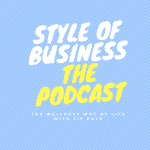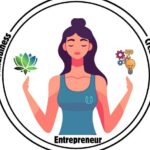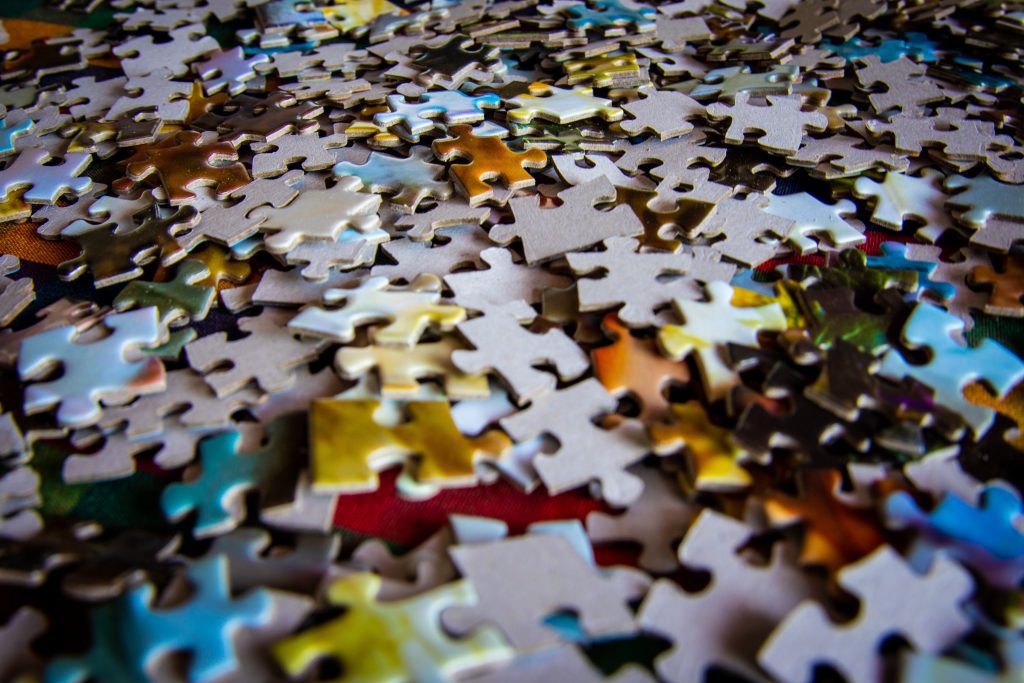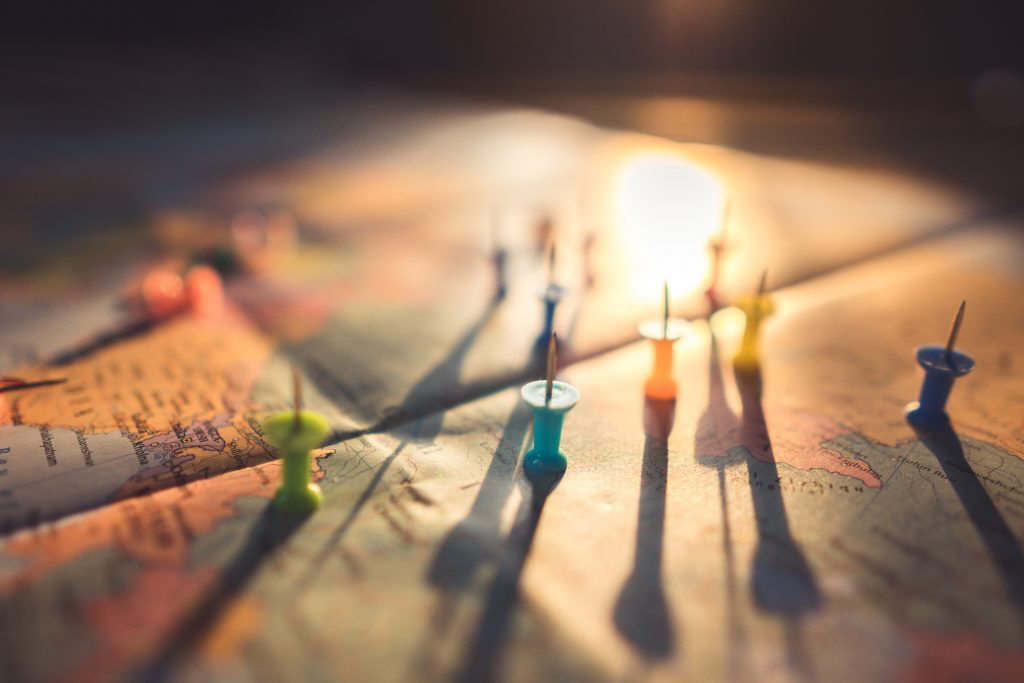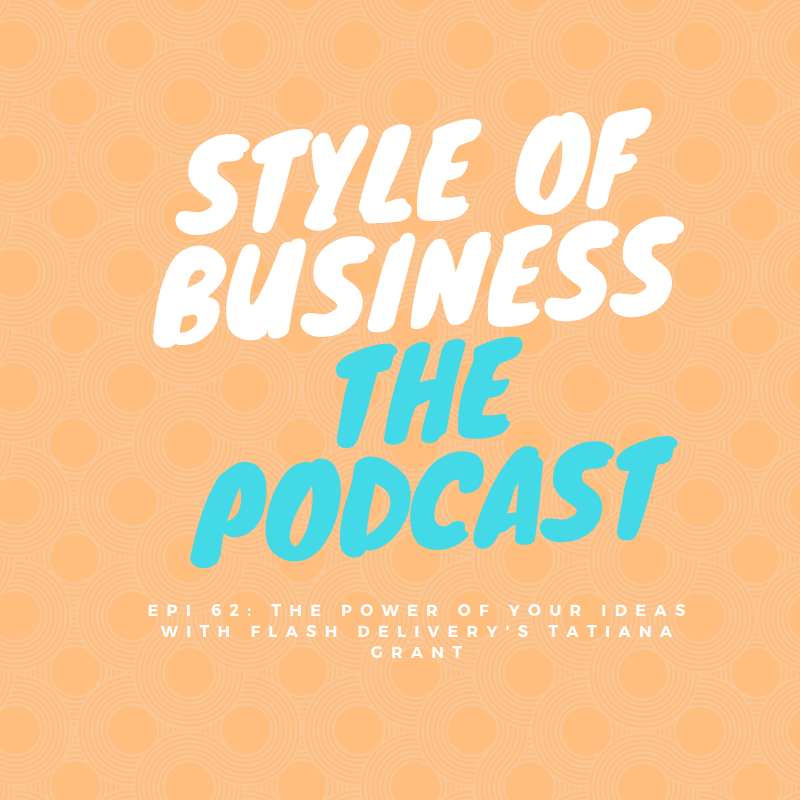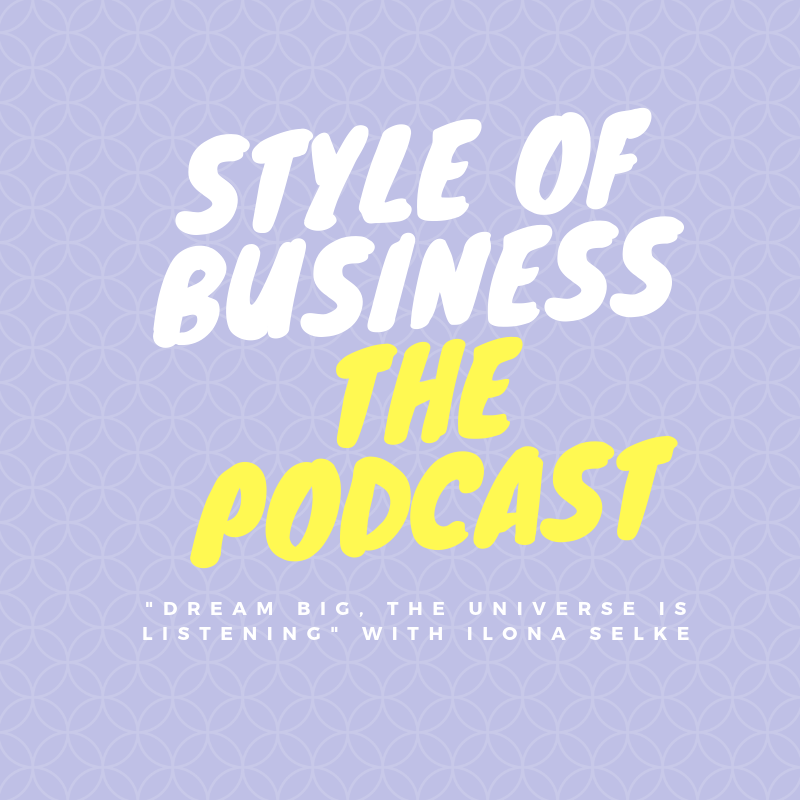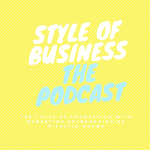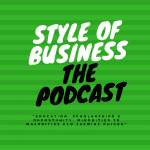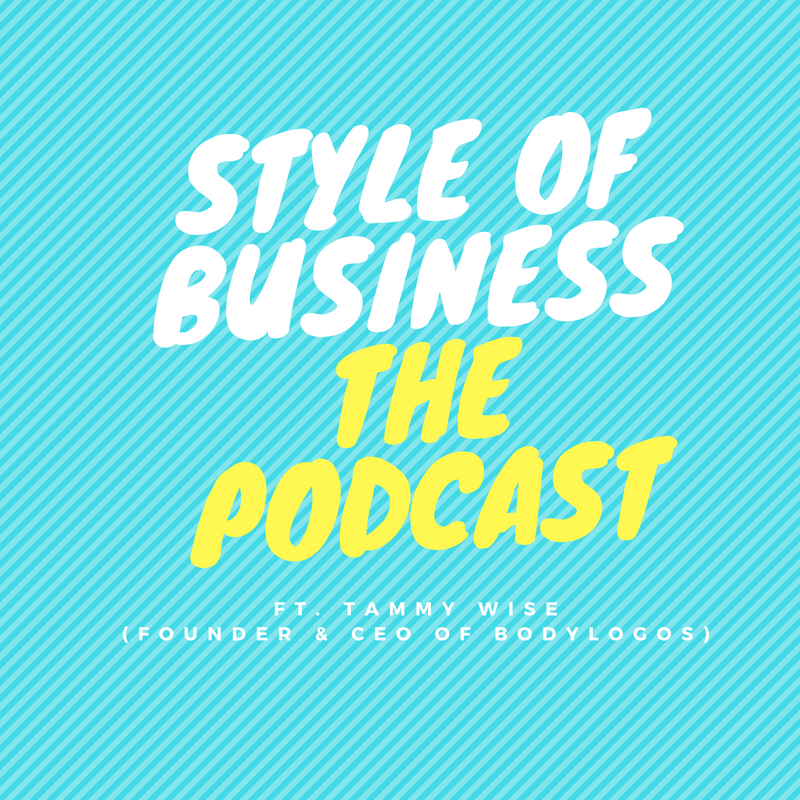Entrepreneurship is rewarding, but it’s also very stressful — especially in the age of COVID-19. But whether you’re growing a business or getting one up and running, it’s important to allot enough time for your mental, emotional, and physical health — even when you’ve got a long list of business-related tasks to check off your to-do list.
Self-care is the key to productivity, and fortunately, it’s easy to incorporate into your life. What’s more, certain business tools and online services can help take some of the entrepreneurial load off your plate so you can get more work done in much less time.
Below, Keetria shares several tips and tools for reducing entrepreneurial stress during the pandemic — and getting more done in the process!
Reduce Startup Stress
If you’re launching a business during the pandemic, you may be feeling overwhelmed by the long list of tasks you’ll need to complete in order to get your business up and running. But fortunately, online tools and resources can help to reduce startup stress and jumpstart your entrepreneurial journey. The SCORE Association shares a comprehensive list of startup resources for entrepreneurs. Here, you’ll find resources on business planning, financing, budgeting, marketing, and so much more.
Use Productivity Tools and Apps
To reduce stress, boost productivity, and save time as an entrepreneur, you’ll want to use technology to your advantage — specifically small business tools and apps. Some of the best productivity tools for business owners include Trello, Google Drive, Dropbox, Zoom, Tailwind, Later, and Flodesk. Other apps like Remente, Coach.me, Day One, and Happier can help you to define your entrepreneurial goals and become a better leader and business owner.
Take Short, Frequent Breaks
When you’re busy starting or growing a business, you may not have a lot of extra time for self-care — but this is where short, frequent breaks come in. By working regular breaks into your day, you’ll boost your physical, mental, and emotional health — and improve your productivity at work.
A few short activities that can be completed in 10 minutes or less include:
- Yoga.
- Journaling.
- Meditation.
- Mini-decluttering sessions.
- Laughing.
- Deep breathing.
- Short workouts.
You may experience some guilt stepping away from your computer for 10 minutes at a time, but it’s important to focus on the benefits of doing so. Breaks boost brain health and creativity, reduce stress and anxiety, and promote healthy daily habits. Many entrepreneurs fall into the pattern of putting their work before their physical, mental, and emotional well-being, but regular self-care breaks can help to restore some balance in your life.
Delegate Tasks
Entrepreneurs are used to multitasking and wearing many hats, but there often comes a time when additional help is needed. Freelancers are a great option if you could use an extra set of hands but you’re not ready to hire full-time employees — especially if you’re already working remotely amidst COVID-19. You can use websites like Upwork, Freelancer.com, Fiverr, and FlexJobs to find the right freelancers for your project — whether you need help with bookkeeping, writing, web and graphic design, social media, or other business-related tasks.
Alleviate Entrepreneurial Stress With Self-Care
Whether you’re an aspiring entrepreneur or seasoned business owner, it’s important to make time for self-care — as this will only help to make you a happier, healthier, and more productive business professional. From massage to meditation, there are so many ways to care for your physical, mental, and emotional health — even if you’re busy running a business and don’t have a whole lot of time for yourself.
Exercising can significantly reduce stress and keep you on top of your game whether your preference is for running, cycling, yoga, or lifting weights. If you’d prefer to work out at home, you may be surprised to learn that there are video games that can help you stay in shape. If you’re going this route, make sure your internet connection has the speed and bandwidth needed for smooth gameplay.
Now more than ever, business owners need to care for their minds and bodies — and these tips will help them to do it. Starting, running, and growing a business is hard work, but online resources, business tools and apps, and help from freelancers can all help to lessen the entrepreneurial load, reduce stress, and free up time for some much-needed self-care activities and relaxation.
Keetria is an entrepreneur, wellness advocate, and brand strategy coach for creatives & entrepreneurs with 16 years of public relations expertise working with some of the world’s leading brands, startups, media personalities, and entertainers. If you would like to work together, don’t hesitate to reach out!






